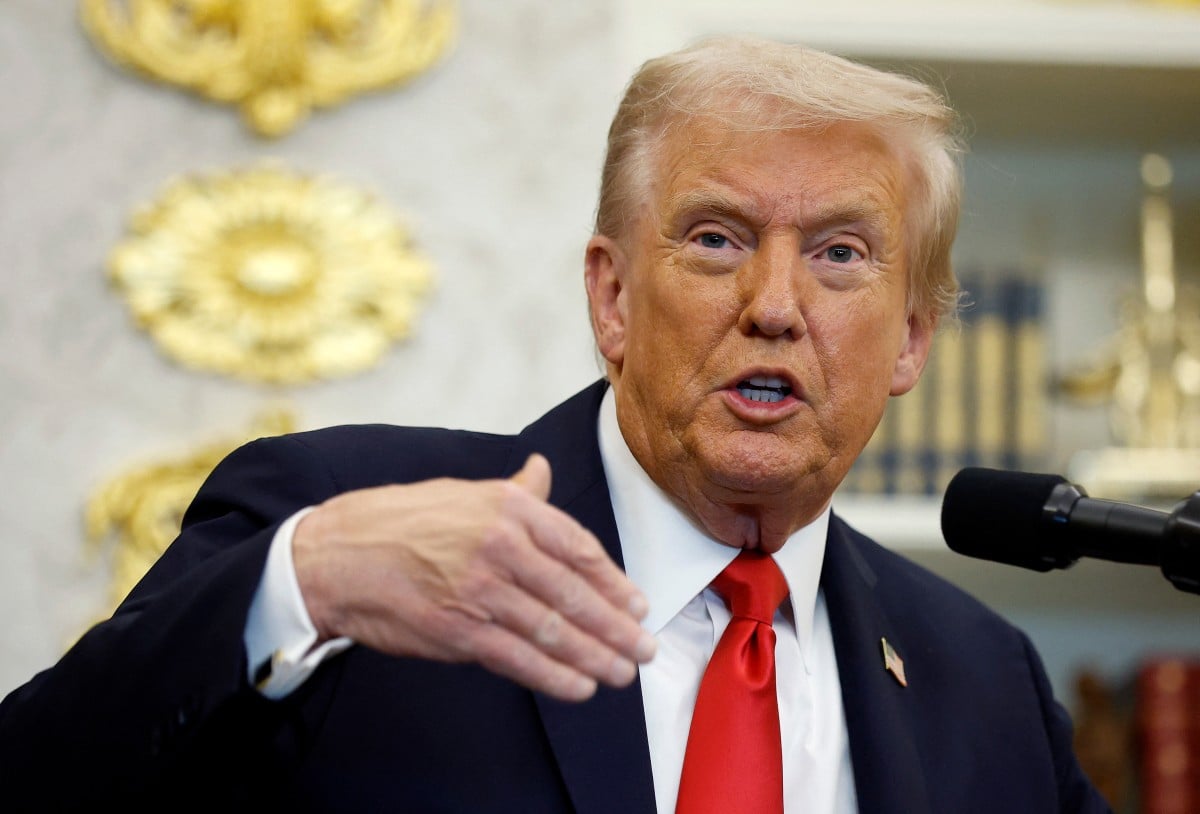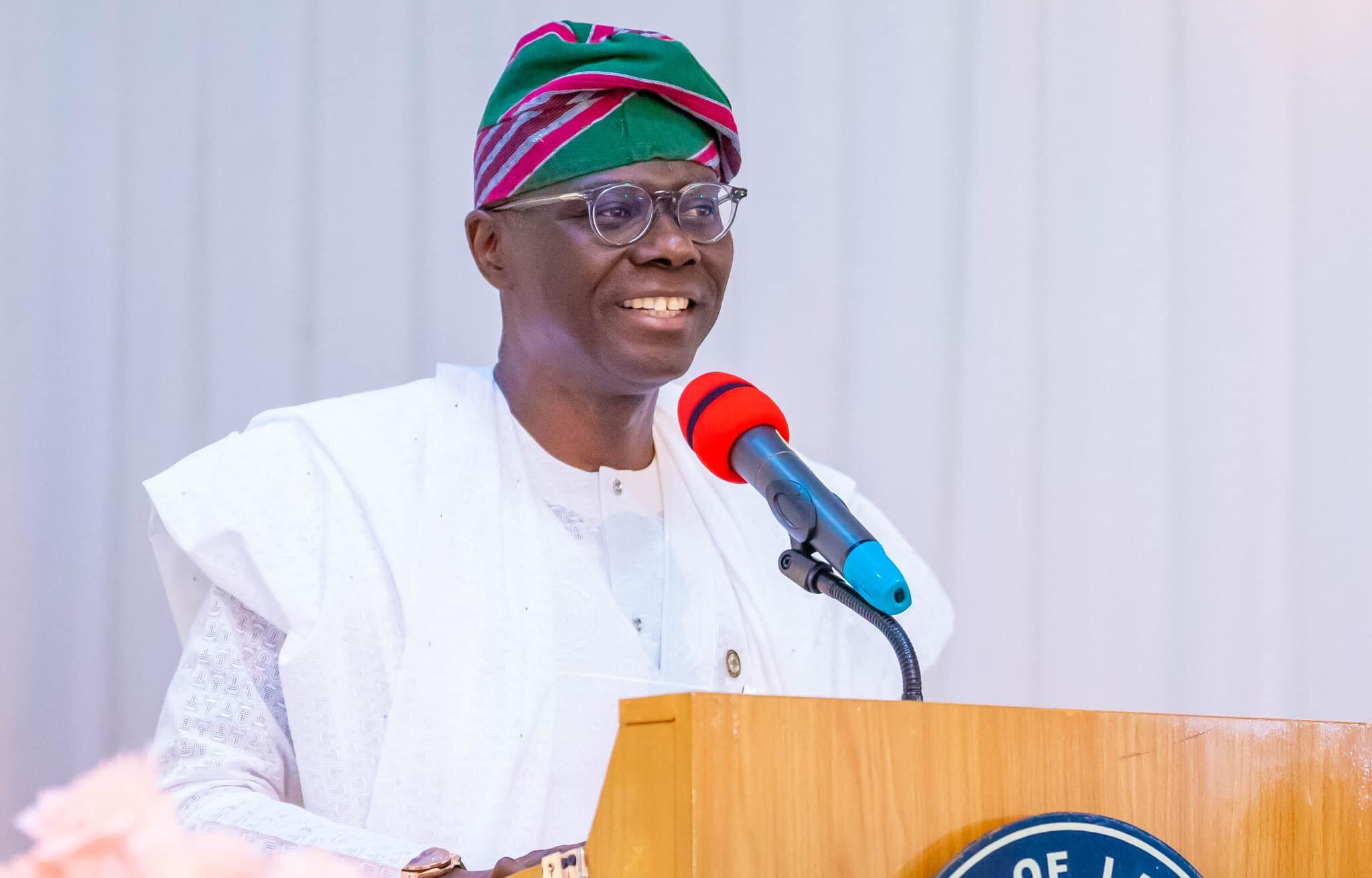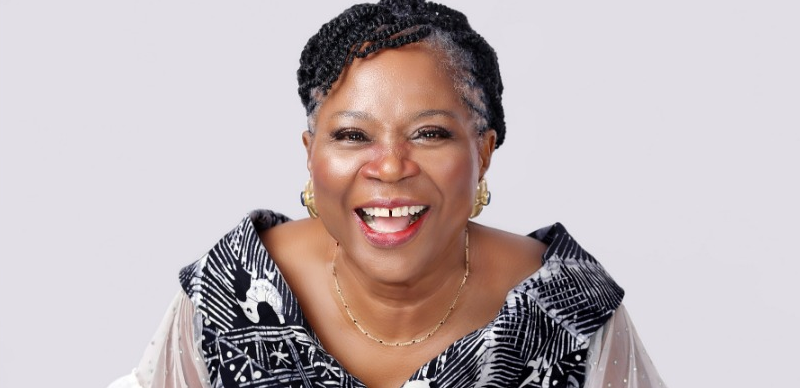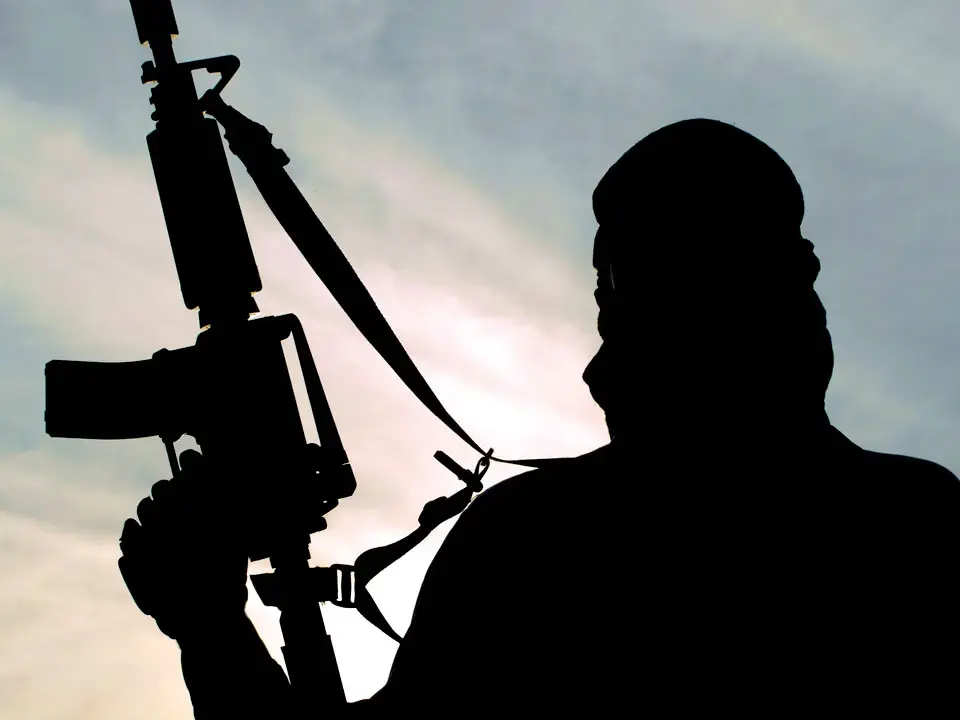The President of the United States, Donald Trump, has warned that he may deploy American military forces to Nigeria if the alleged killings of Christians in the country do not stop.
In a post on his Truth Social platform on Saturday, Trump said he had directed the Department of War to prepare for “possible action” if the violence continued.
He also threatened to cut off all U.S. aid to Nigeria if President Bola Tinubu’s administration failed to put an end to what he described as the persecution of Christians.
“If the Nigerian government continues to allow the killing of Christians, the U.S. will immediately stop all aid and assistance to Nigeria and may very well go into that country ‘guns blazing’ to completely wipe out the terrorists behind these atrocities,” he wrote. “If we attack, it will be fast and decisive.”
As of the time of this report, the Federal Government had yet to issue an official response.
Trump’s statement comes just a day after he redesignated Nigeria as a Country of Particular Concern (CPC), saying Christians in the country were facing an “existential threat.”
In reaction, President Tinubu dismissed the claim, describing it as inaccurate and not reflective of Nigeria’s reality.
“Nigeria is a democracy governed by constitutional guarantees of religious liberty,” Tinubu said in a statement on his official X handle. “The characterisation of Nigeria as religiously intolerant does not reflect our national reality.”
He reaffirmed that freedom of religion and tolerance are fundamental values of the Nigerian nation, adding that the government would continue to protect the rights of all citizens regardless of faith.
The Ministry of Foreign Affairs also confirmed that discussions with the U.S. government were ongoing.
“We will continue to engage the United States government through our missions in Washington DC, Atlanta, and New York,” said ministry spokesperson Kimiebi Ebienfa.
A senior member of the House of Representatives revealed that a Nigerian delegation would soon travel to Washington to meet with U.S. lawmakers to address the situation.
Meanwhile, the President’s Special Adviser on Information and Strategy, Bayo Onanuga, described the claims of genocide against Christians as a “gross exaggeration.”
Responding to comments from U.S. Secretary of State Marco Rubio, Onanuga said insecurity in Nigeria was not driven by religion.
“There is no ongoing slaughter of thousands of Christians in Nigeria. What we have are sporadic attacks by bandits and terrorists that affect both Christians and Muslims,” he said.
He added that what Nigeria needed from the U.S. was military cooperation to fight violent extremists, not a negative designation.
A former Nigerian Ambassador to the Philippines, Dr. Yemi Farounbi, warned that the situation could harm Nigeria’s image and affect international relations.
“This move could make the U.S. and its allies view Nigeria as a country that doesn’t protect freedom of worship,” he said, urging the government to provide evidence of its efforts to prosecute offenders and safeguard all citizens.
He also warned that the designation might affect military cooperation and access to U.S. weapons and training.
Nigeria remains one of Sub-Saharan Africa’s largest arms importers, with key suppliers including the U.S., China, Italy, Turkey, and Russia. Major defence deals include the purchase of A-29 Super Tucano aircraft and AH-1Z attack helicopters from the U.S. worth over $1 billiWorth
Read Also;
Trump hammer Nigeria story
In response to the controversy, Catholic Bishop of Sokoto Diocese, Matthew Hassan Kukah, called for calm, saying it was too early to draw conclusions.
“We must wait to see the outcome and learn what lessons can be drawn for our national growth,” he said.
Similarly, Evangelist Ezekiel Dachomo of the Church of Christ in Nations described the development as a “victory for Nigerian Christians,” saying it had drawn long-overdue global attention to the country’s challenges.
“The world is finally listening to the cries of Christians who have suffered attacks for years without adequate protection,” he said. “But this country belongs to all of us—Christians and Muslims alike.”




